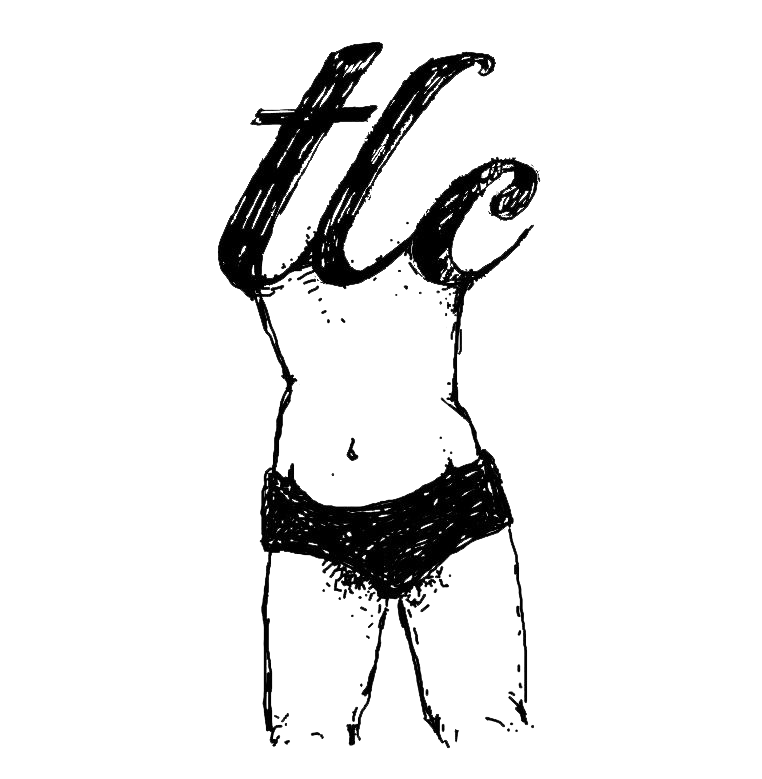After Jharkhand banned his first book The Adivasi Will Not and resulted in his dismissal from work, it is good to know Hansda Sowvendra Shekhar’s uniquely political voice was not quelled. His fourth novel, My Father’s Garden, is bursting with honesty and courage.
A LIFE IN THREE PARTS
Set in three parts, My Father’s Garden starts with The Lover. Set in a medical college in Jamshedpur, here the reader is introduced to the story’s unnamed raconteur. Perhaps loosely based on Shekhar, the narrator is a medical student in love with his junior Sameer. A macho man with an Adonis body, Sameer is ambitious and wants an ordinary life. He is looking for sex, not romance. Meanwhile, our storyteller is obsessed with finding true love.
Though not the most impressive section of the novel, Lover does an excellent job of capturing the real-time awkwardness of sex. Yet, better descriptions of the erotic scenes would have elevated this portion into something better.

AN UNLIKELY FRIENDSHIP
The book’s second part — arguably its best portion — is set several years later in Pakur, a town that borders West Bengal and Jharkhand. Named Friend, this act follows our narrator to his posting as a doctor in a government hospital. In ‘Friend’, the narrator meets Bada Babu, a clerk with whom he develops a close friendship. Friend is set in Pakur, a town bordering both Jharkhand and West Bengal. Posted here as a doctor in a government hospital, The narrator develops an unlikely friendship with a clerk Bada Babu. Filled with vivid descriptions of Pakur as discovered by the narrator, Friend captures the essence of a sleepy town being rapidly transformed to conform with industrialisation.
The first part wherein Samir character development is both flat and, frankly, tedious. In Friend, Bada Babu jumps out of the pages as a round, authentic person. So detailed is his character that the reader might never forget how he tightly held his Navy Cut cigarette at the tip like “a bidi.” The unlikely friendship between Bada Babu and the nameless protagonist is one a reader becomes deeply invested in. The end of the association is grim, provocative, and profoundly moving.

The writer mines on his rich Adivasi culture and explores politics, caste, sexuality in a way few authors can. The book tells the story of a Sathali gay man, an outsider from the typical English-speaking Indian.
THE FATHER’S STORY
The final act of the novel, Father, follows the narrator to his family home in Ghatsila. Popularly known as India’s nostalgia Forty-five kilometres from Jharkhand’s East Singbhum district, it’s also Shekhar’s hometown. It is here that our protagonist returns to nurse an injury. This part of the story follows the narrator’s past. The narrator recalls his father — a chemist with shattered political ambitions who is obsessed with gardening. The reader also listens to anecdotes about the heroic stories of the narrator’s grandfather.
Though My Father’s Garden might seem like a coming of age story, it is not. The protagonist tells us little about himself and more about the lives and peculiarities of the men he has loved. Instead, it is a novel that asks a question rarely contemplated in our narcissistic times: are we always the stars of our stories?
SAME BOOK, DIFFERENT STYLES OF PROSE
All three portions of My Father’s Garden are written using different writing styles and tones. The lack of uniformity is a definite weakness of the book. While Friend is rich with details, both Lover and Father are written in an aloof manner. Often times, in these parts of the novel, the author employs cliches like “sky-high confidence”, “beck and call”, revealing a sort of writer’s fatigue.
This is not a book for comfort reading. It is specific and informative, and yet universal in how it expresses pain.
A STORY OTHERWISE OVERLOOKED
Considering that India has few writers who would’ve braved the circumstances under which Shekhar continues writing, this is not a judgment on his book. It comes from a place of deep respect; a notion that the writer has not exploited the true depths of his talent.

A mere 190 pages Shekhar’s My Father’s Garden Hansda Sowvendra Shekhar has the historical details and passion than many more lengthy books have been unable to capture. It opens up, for the reader, a world fraught with dishonesty and lies. The writer mines on his rich Adivasi culture and explores politics, caste, sexuality in a way few authors can. The book tells the story of a Sathali gay man, an outsider from the typical English-speaking Indian.
Unmarred by illusions of a better world, Shekhar brings us a story that would otherwise have remained in the fringes and thus ignored but for this novel. This is not a book for comfort reading. It is specific and informative, and yet universal in how it expresses pain. It is impossible not to feel the sorrow and small joys scattered within its pages of My Father’s Garden, . For this alone, the book and author must be lauded.
My Father’s Garden is available to buy on Amazon. It’s published by Speaking Tiger. The hardcover version costs Rs 409.

























Leave a Reply